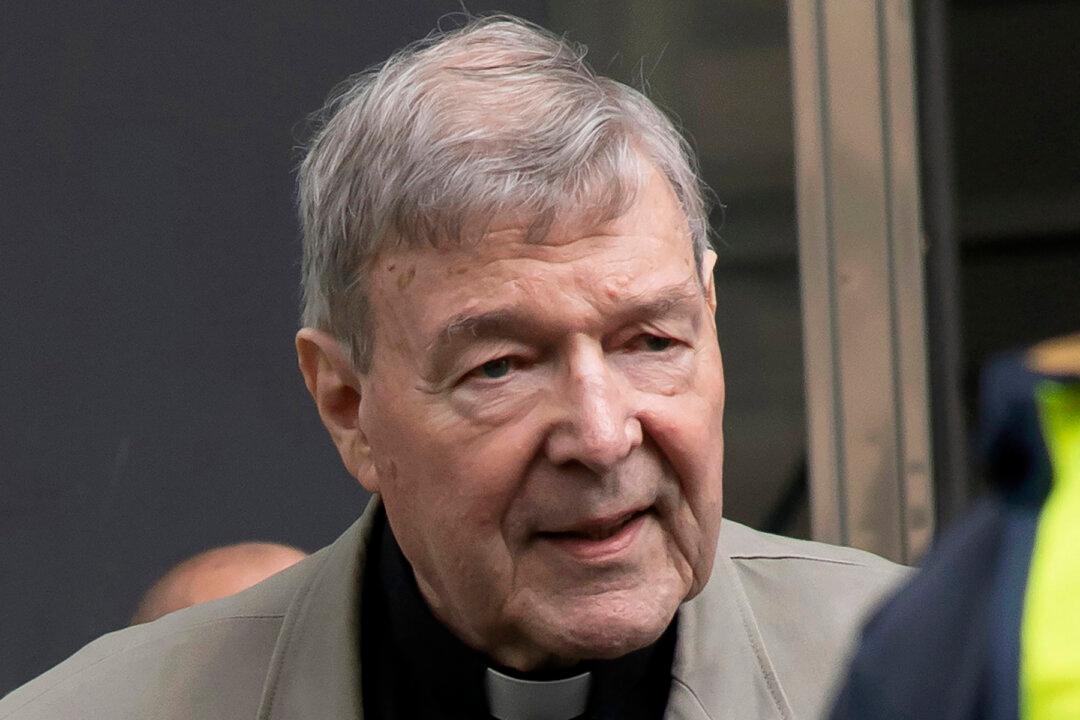Commentary
Cardinal George Pell, Australia’s most senior Catholic leader, died in Vatican City on Jan. 10, aged 81. He will be buried in St Mary’s Cathedral in Sydney, where he served as archbishop for 13 years.

Cardinal George Pell, Australia’s most senior Catholic leader, died in Vatican City on Jan. 10, aged 81. He will be buried in St Mary’s Cathedral in Sydney, where he served as archbishop for 13 years.